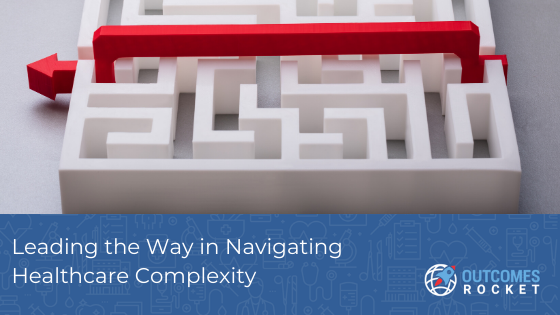
Three months ago, a tweet from a doctor became viral, not because it is funny, not because it is cool, but because it is an experience so many other people have also experienced.
Dr. Hasan Shanawani learned that his 83-year-old father was admitted to the hospital with a spinal fracture. But instead of being admitted as an in-patient, his dad was classified as an “observation care” patient — an outpatient status that Shanawani knew could have unfavorable consequences, both medically and financially.
On the phone with a hospital care coordinator, Shanawani pressed for an explanation. Why was his dad, who had metastatic stage 4 prostate cancer and an unstable spine, not considered eligible for hospital admission? Why had an emergency room doctor told the family the night before that his father met admission criteria? The care coordinator didn’t provide answers. The same thing happened when he talked to a senior nurse in the hospital.
Shanawani was so frustrated that he started to let loose on Twitter. Within hours, his posts were widely shared and other people shared similar experiences. Within days, he had gained thousands of followers, a major jump from his fewer than 100 followers days before his rant.
Ultimately, a physical therapist made it possible for Shanawani’s father to be admitted to the hospital once he failed a test she administered. And a palliative care nurse gave the family the sense of being cared for, which they so desperately needed. “She was a ‘one-in-a-million’ person,” said Shanawani, weeping as he spoke of her. “She said ‘We will fix this, we will figure this out with you, we’re working on the same side of the table.’”
To read more of this story, visit this link.
Shanawani’s story is not a singular, random, isolated event. It has happened to many people. Like Shanawani, many people have aired out their grievances on health care through social media, which seemed to produce a much better and quicker result than by going through the formal process.
U.S. healthcare navigation is a vexing process that affects everyone in the country. While politicians have been wrestling with this issue for years, patients, employers, health providers, and various stakeholders are left trying to navigate this complex system on their own.
But not anymore. At least, that’s what PinnacleCare is telling us.
PinnacleCare is a healthcare advocacy firm that provides healthcare management. It offers personalized health care support for individuals and families 24 hours a day, 365 days a year. Staffed by health advisors who take care of all aspects of the health care of its members, PinnacleCare researches medical centers, does virtual consultations, provides second opinions, navigates the patient to the right physician for their situation, educates patients about their complex medical situation, and in general, does what’s best for each and every member.
In our podcast interview, when I asked Miles Varn, Chief Medical Officer of PinnacleCare, what his company is doing to help navigate our current healthcare system, he said, “We take the burden off the patient. By that I mean we understand their wants, wishes, likes, fears, in terms of their problem. And then we design a plan that fits their needs.”
I think it’s a great thing. If you or a loved one has just been diagnosed with a life-threatening medical condition, it can be hard to think clearly because you are overcome with panic and fear. Having a team of medical professionals to guide you through the process is a huge help.
But it’s more than just the logistics. Patients and families also need someone who can empathize with what they are going through. They need someone to be there emotionally.
Miles shared several experiences in the podcast of how PinnacleCare was able to help individuals. My favorite was the case of the retired Brigham trained thoracic surgeon who was diagnosed with Lewy body dementia, but with the help of the PinnacleCare team, she was diagnosed properly and was able to recover from assisted living with help back to independent living.
Many patients are misdiagnosed. In fact, a 1study by the Veterans Affairs Center for Innovations in Quality, Effectiveness and Safety and the Baylor College of Medicine, revealed that 1 in 20 American adults are misdiagnosed in outpatient clinics each year. It’s great to have the option, the expertise, and the persistence that the PinnacleCare team provides.
In the lightning round, when asked about the best way to improve health outcomes, Miles’ response was, “You’ve got to engage the patient and you’ve got to navigate them to the right resource for their particular problem in a personal way.”
Now I understand why PinnacleCare is at the helm of healthcare advocacy. Whether you are an individual, an employer, or part of a group or organization, they offer programs to help navigate the complexity. The expert navigation PinnacleCare provides is the key to better outcomes and fairly priced medical care that everyone deserves.
Check out the work PinnacleCare does to help improve outcomes for people and organizations.
Listen to my conversation with Dr. Miles Varn here.
1https://www.medicalnewstoday.com/articles/275565.php
According to the 2020 Centers for Disease Control and Prevention report, roughly 34.2 million Americans have diabetes,...
Read MoreAs a farmer, Rod was used to long days. He worked 18 hours a day, 7 days...
Read MoreWith investors receiving hundreds of pitch decks every year, how do you create a compelling presentation that...
Read More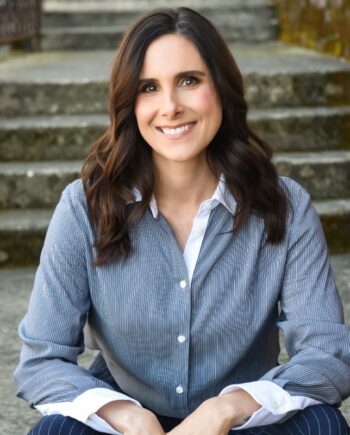
Brittany Busse Co-Founder, President, and Chief Medical Officer at
ViTelHealth
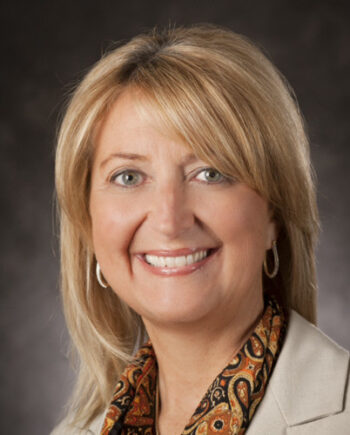
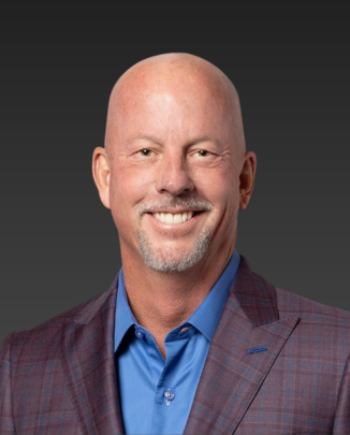
Stephen Thorne Founder and CEO at
Pacific Dental Services
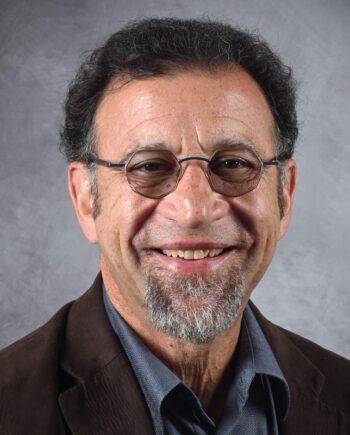
Keith Carlson Nurse Career Coach